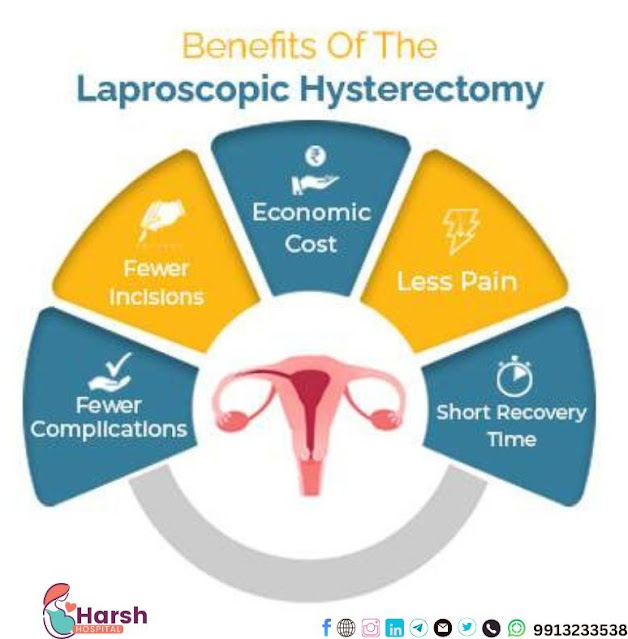 |
Lifestyle Choices Affecting Male Reproductive Health & How to Improve Sperm Parameters
Male reproductive health plays a crucial role in fertility and overall well-being. However, various lifestyle factors can impact sperm quality, count, and motility. By making informed choices, men can improve their reproductive health and boost fertility.
Factors That Negatively Impact Male Reproductive Health
1. Poor Diet & Nutritional Deficiencies
A diet high in processed foods, trans fats, and sugar can lower sperm count and motility.
Deficiencies in essential nutrients like zinc, vitamin C, and omega-3 fatty acids can negatively impact sperm health.
2. Obesity & Lack of Exercise
Being overweight can lead to hormonal imbalances, reducing testosterone levels and sperm production.
A sedentary lifestyle contributes to poor circulation, which affects reproductive function.
3. Stress & Mental Health Issues
Chronic stress increases cortisol levels, which can suppress testosterone and reduce sperm quality.
Anxiety and depression may also contribute to sexual dysfunction and low sperm count.
4. Smoking & Alcohol Consumption
Smoking decreases sperm count and motility while increasing the risk of DNA damage.
Excessive alcohol disrupts hormone balance, reducing testosterone and sperm production.
5. Exposure to Environmental Toxins
Prolonged exposure to pesticides, heavy metals, and industrial chemicals can damage sperm DNA.
Heat exposure from hot tubs, saunas, or tight clothing may also reduce sperm count.
6. Sleep Deprivation & Poor Sleep Quality
Lack of sleep can disrupt hormone production, lowering testosterone levels.
Poor sleep habits contribute to fatigue, stress, and reduced sperm health.
How to Improve Sperm Parameters & Boost Fertility
1. Maintain a Healthy Diet
Eat antioxidant-rich foods like berries, leafy greens, and nuts to protect sperm from oxidative stress.
Include protein sources such as lean meats, fish, eggs, and legumes to support reproductive function.
Consume foods high in zinc (pumpkin seeds, oysters) and folate (spinach, avocados) to enhance sperm production.
2. Exercise Regularly
Engage in moderate physical activity such as jogging, swimming, or weight training to improve blood circulation and hormone levels.
Avoid excessive high-intensity training, as it may lower testosterone levels.
3. Manage Stress Effectively
Practice relaxation techniques like yoga, meditation, and deep breathing to reduce stress levels.
Engage in hobbies and activities that promote mental well-being.
4. Quit Smoking & Limit Alcohol Intake
Reducing tobacco and alcohol consumption can significantly improve sperm quality and overall reproductive health.
5. Limit Exposure to Toxins
Avoid direct exposure to harmful chemicals by using protective gear at work.
Reduce the use of plastic containers and opt for glass or stainless steel alternatives.
6. Improve Sleep Patterns
Aim for 7-8 hours of quality sleep per night.
Maintain a regular sleep schedule and create a comfortable sleep environment.
When to Seek Medical Help
If you're facing fertility challenges or have concerns about reproductive health, consult a healthcare professional. Signs that may require medical attention include:
Low libido or erectile dysfunction.
Difficulty conceiving after a year of regular, unprotected intercourse.
History of testicular injuries or infections.
How Harsh Hospital, Himatnagar Can Help
At Harsh Hospital, Himatnagar, we provide expert consultations, diagnostic tests, and personalized treatment plans to help improve male reproductive health. Our specialists offer guidance on fertility optimization and overall well-being.
Conclusion
Male reproductive health is influenced by daily lifestyle choices. By adopting healthier habits, men can enhance sperm quality, boost fertility, and improve overall wellness.
📞 Contact Harsh Hospital, Himatnagar today for expert reproductive health guidance.









